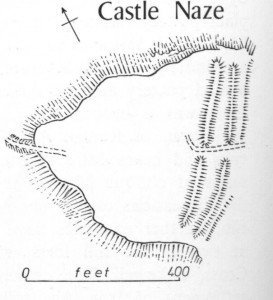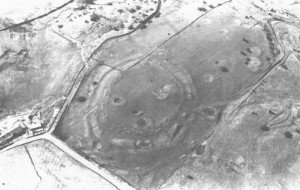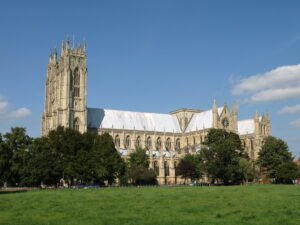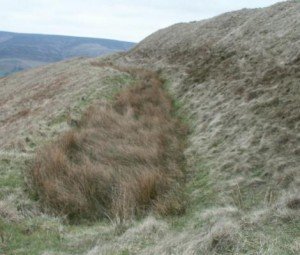Most commented posts
- What might Stonehenge Mean? Dartmoor and Carnac add to the Picture — 4 comments
- Guide: Ray Selkirk – The Maverick of Landscape Archaeology — 4 comments
- Guide – Archaeological Periods in Western Europe — 3 comments
- Guide – Empathic Archaeology: The Ancestral Honour Thought Exercise — 2 comments
- Brigantes Tribe — 2 comments










